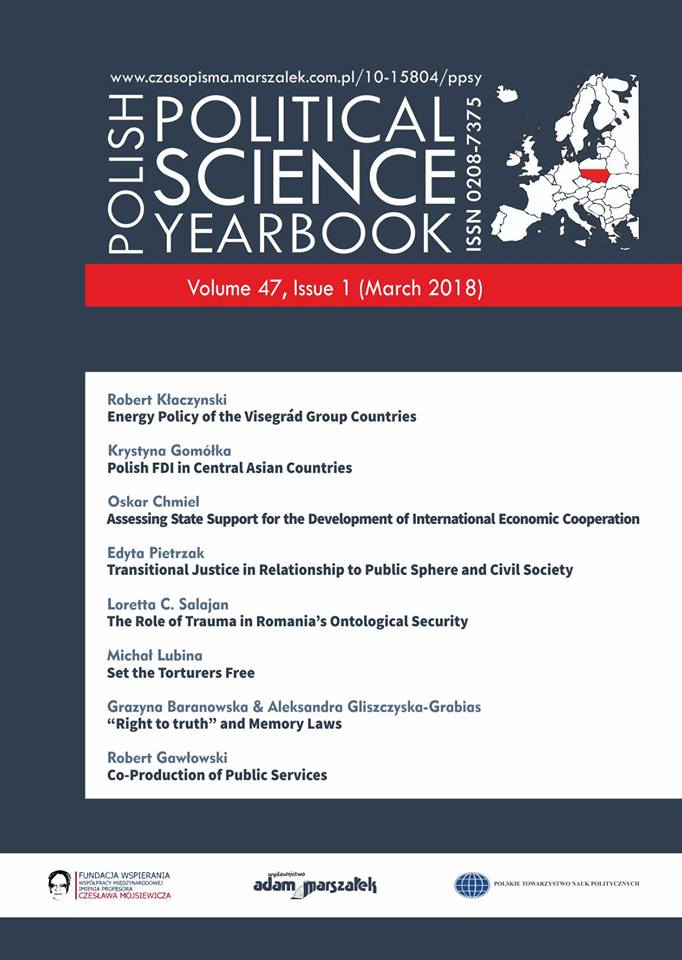Polish FDI in Central Asian Countries
Polish FDI in Central Asian Countries
Author(s): Krystyna GomółkaSubject(s): Politics, Economy
Published by: Wydawnictwo Adam Marszałek
Keywords: investments; direct investments; Kazakhstan; Kyrgyzstan; Tajikistan; Turkmenistan; Uzbekistan;Poland;
Summary/Abstract: Since gaining independence, Kazakhstan, Kyrgyzstan, Tajikistan, Turkmenistan and Uzbekistan gradually opened their markets to foreign investors. Before Poland’s acces-sion to the European Union, the activities of Polish investors in Kazakhstan, Kyrgyzstan, Ta-jikistan, Turkmenistan and Uzbekistan were based on bilateral treaties concluded by Poland with those countries. Later, except Turkmenistan, they were governed by the partnership and cooperation agreements between the European Communities and their Member States. Despite the ample investment opportunities and favourable conditions for access to the mar-ket, the activity of Polish companies in these markets has not produced a significant effect. Poland invested with more considerable success on the markets in Kazakhstan and Kyrgyz-stan. It made investment attempts in Tajikistan and Uzbekistan, leaving out Turkmenistan. The reason why Poland has a weak position in these markets is the distance between the partners and inability of Polish companies to efficiently compete with large multinational companies which have been operating there for years. In the Kazakh market, good invest-ment prospects are available for waste management, petrochemical, mining and road con-struction companies. In Kyrgyzstan, there are cooperation possibilities in the area of modern agricultural and processing technologies and establishment of fruit and vegetable process-ing enterprises. In Tajikistan, enterprises can invest in petroleum and natural gas extraction and exploitation, the fuel market, processing of precious metals and construction of conven-tional and hydroelectric power plants. In Turkmenistan, Polish companies can compete for road, railway and housing construction contracts, whereas in Uzbekistan they can invest in businesses covered by government tax reductions.
Journal: Polish Political Science Yearbook
- Issue Year: 47/2018
- Issue No: 1
- Page Range: 20-38
- Page Count: 19
- Language: English

